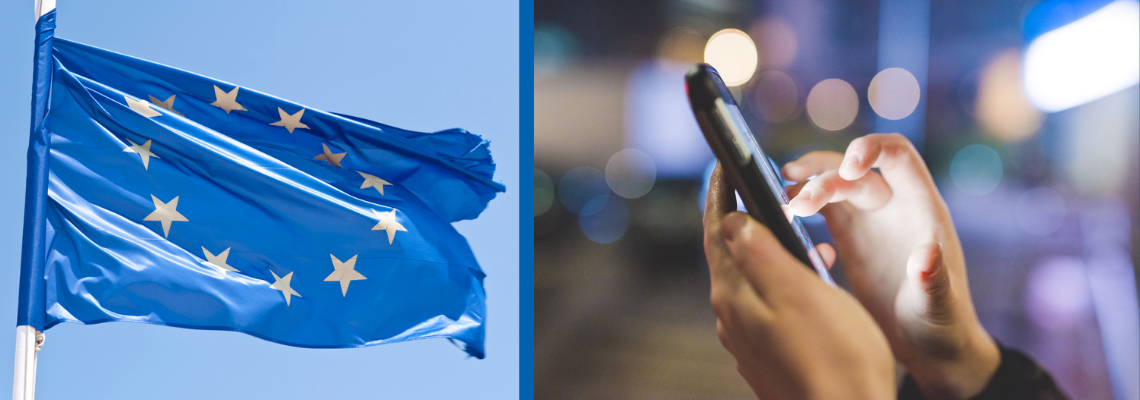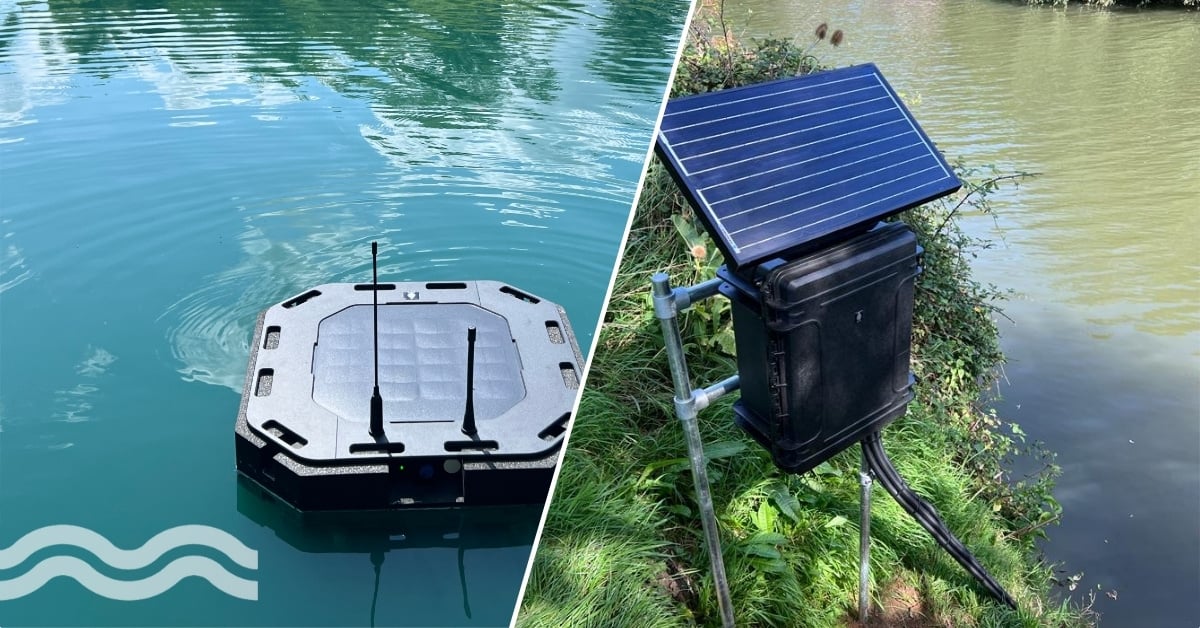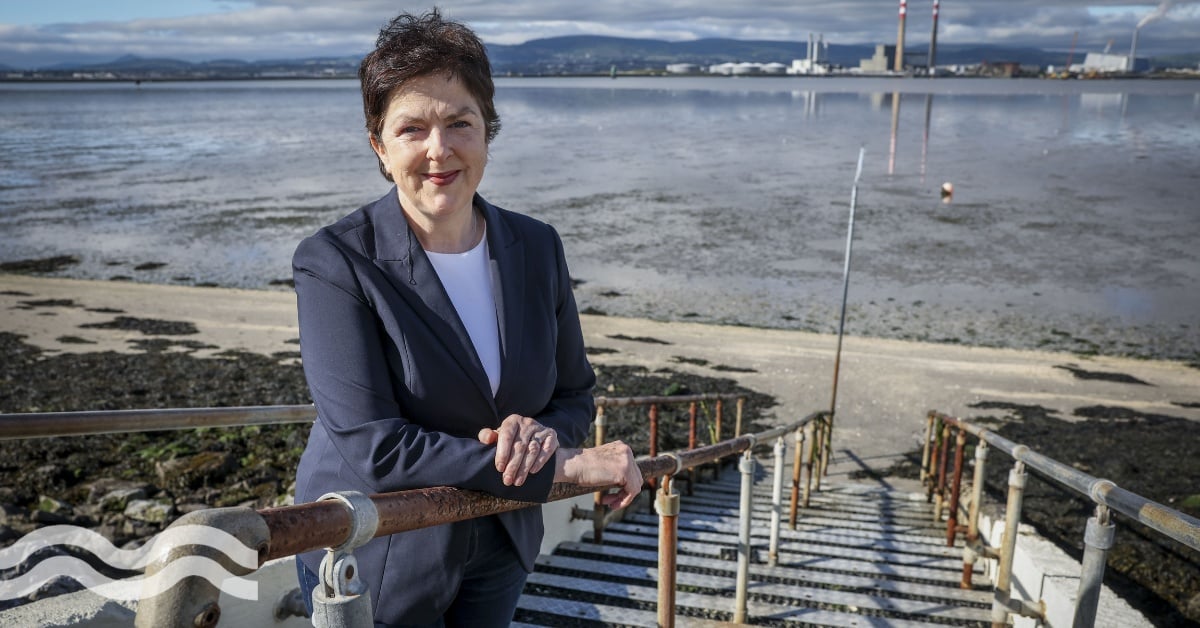Real-time water quality monitoring at centre of new European research project

A four-year research programme to develop in situ sensors for real-time water quality monitoring has been launched by a multidisciplinary team of European researchers.
Increasing demand for real-time water quality monitoring
A four-year research programme to develop in situ sensors for real-time water quality monitoring has been launched by a multidisciplinary team of European researchers.
Called the IBAIA project, the project ambitions include to produce four sensor modules based on complementary photonics and electrochemical technologies to improve water quality monitoring.
Another aim of the project for these four sensor modules is to enable the development of water pollution countermeasures.
The project is hoping to help meet the European Green Deal objectives, specifically by facilitating an efficient water treatment administration process in support of the European Union (EU) Zero Pollution for Air, Water, and Soil Action Plan.
The European Green Deal is a package of policies, which aims to set the EU on the path to a green transition to reach climate neutrality by 2050.
IBAIA has received €4.7 million in funding from the European Union’s Horizon Europe Framework Programme under grant agreement No 101092723.
The fantastic four
According to the IBAIA, the four modules will include photonic sensors in the visible and near-infrared for the detection of microplastics and salinity measurement, and mid-infrared for organic chemical detection
They will also have electrochemical sensors for nutrient salts and heavy metal detection.
It will also feature a chemical transducer as well as an optical sensor for sensing physicochemical parameters.
Countries involved in the project include Belgium, Czech Republic, Finland, France, Germany, Poland, Spain and the UK.
The sensors will be designed, tested, and packaged into a modular advanced multi-sensing system that can monitor a broader range of parameters with greater accuracy than existing solutions. This is also while being more cost-effective, reliable, environmentally friendly in manufacturing, and user-friendly in operation, added the IBAIA.
Currently, the IBAIA intends the systems to be tested at the end of the project in real in situ conditions.
Countries involved in the project include Belgium, Czech Republic, Finland, France, Germany, Poland, Spain and the United Kingdom.
A hotbed of innovation
Surface water monitoring technology is becoming an increasingly competitive landscape, as both the public and private sectors seek to get a better understanding of the environmental impact on water sources.
Decreasing sensor pricing, coupled with technology becoming more robust has sparked new generations of companies wishing to put real-time data into the hands of operators.
For example, companies such as AquaRealTime has developed a buoy that uses an Internet of Things (IoT) Sensor that provides real-time monitoring of water assets by tracking key parameters every thirty minutes, including green algae, blue-green algae, turbidity, temperature, sunlight, wind and rain.
Meanwhile, UK-start up, Watr raised more than £320,000 from over 350 investors through the crowdfunding platform to develop its floating solar-powered surface water monitor system that provides real-time water quality data.
Meanwhile, in Asia, Singapore water agency PUB is using Beyond Visual Line of Sight (BVLOS) drones equipped with remote sensing systems and a camera for “near real-time video analytics”.


